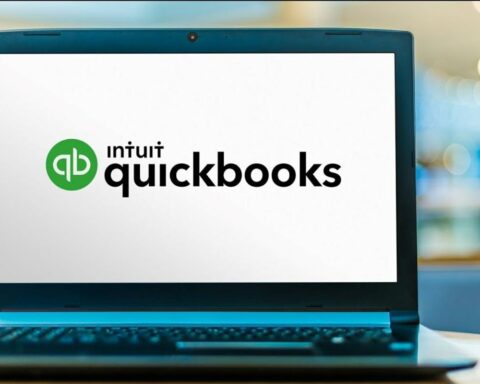We all hate taxes, especially when it comes to hefty income tax rates. Let’s face it – as much as taxes might be necessary, it hurts to see our hard-earned money undergoing tax deductions.
Thankfully, several tax-efficient investment options can help you dodge taxes legally while growing your wealth.
Here’s everything that you need to know about tax-efficient investments in the UK in 2024.
What are tax-efficient investments?
Tax-efficient investments are essentially investment options that come with a tax wrapper. In other words, the money you put into these investments is no longer taxable. Investing wisely can help bring down your income tax slab significantly, saving you large amounts of money while still allowing you to earn interest on it.
5 tax-efficient Investments to Consider in 2024

Investors in the UK can choose from several tax-efficient investment options focused on different purposes and offering their respective set of benefits. This allows you to save money towards specific goals. Here are 5 tax-efficient investments that you should explore before making your investment.
ISAs
Individual Savings Accounts (ISAs) easily top the list in terms of popularity, with a large section of the UK’s population holding at least one type of ISA. ISAs were first introduced in the UK in 1999 to encourage people to save and invest, with tax reliefs to incentivize them. As of now, all dividend incomes, capital gains, and interest from ISA are completely tax-free.
Over two decades, ISAs have remained a reliable investment option in the UK with their generous tax reliefs and decent interest rates. While you’re limited to investing only up to £20,000 a year into ISAs, you may diversify your investment into four different types of ISAs.
- Cash ISA
- Innovative Finance ISA
- Stocks and Shares ISA
- Lifetime ISA
Cash ISAs are easily the most popular choice, but Innovative Finance ISAs aren’t too far behind either. Explore different ISA categories and invest in the ones that suit your preferences the best.
Venture capital schemes
If you’re an experienced investor, Venture capital schemes would make a great investment. Plenty of generous tax-efficient venture capital schemes are available in the UK, spread primarily among three categories.
- Enterprise Investment Scheme
- Seed Enterprise Investment Scheme
- Venture Capital Trusts
All these three kinds of investment products ultimately have the same goal – to promote growth across cross the country’s innovative scaleups and startups by incentivizing investment into early-stage companies. However, do note that investing in venture capital schemes is best suited to sophisticated investors and high-value individuals.
Pensions
Saving up for your later life is always a concern, and what could be a better way to go about it than to put your money in a tax-efficient investment meant exactly for the purpose? The money you put into pension schemes can be further invested into allowing assets. This enables you to earn more money without incurring any taxes.
Investing into pension schemes is capped at an annual allowance of £40,000 or your annual income – whichever is lower. All the wealth you put into a pension scheme is pretty much except from taxes. You may invest in two types of pension schemes:
- Private pensions: These are the most common pension schemes, where you invest money towards your own pension. At the age of 55, you may withdraw a tax-free lump sum from your pension pot.
- Children’s pensions: The term is pretty self-explanatory – you may invest in a pension pot for your children. They will automatically gain ownership of their pension once they reach 18 years of age. However, you should note that the annual allowance for children’s pension is capped at £3,600 each tax. The HRMC will further add 25% to the annual investment as tax relief.
Seed Enterprise Investment Scheme (SEIS)
Since its first introduction in 2012, Seed Enterprise Investment Scheme has drawn more than £1.5 billion of private investment into over 15,000 businesses. SEIS aims to provide capital to the youngest startups in the UK.
Only businesses that are younger than 2 years and have no more than 25 employees are eligible to receive investment through the Seed Enterprise Investment Scheme. While investing in such small and new businesses comes with added risks, investors get to enjoy a 50% income tax on the value of their investment. Additionally, you may also reduce an existing CGT bill by 50% if you choose to invest its value into shares that qualify under SEIS.
Enterprise Investment Scheme
An older and more relaxed version of SEIS introduced in 1994, the Enterprise Investment Scheme promotes investment into unlisted early-stage businesses. The eligibility criteria for businesses to receive investment through EIS is far easier than SEIS – they only need to be younger than seven years and should have 250 or fewer employees.
This allows you to invest in more well-established businesses, slashing the risk significantly. Though the benefits are less attractive than SEIS, you still get to enjoy promising tax reliefs. EIS is a great choice for those seeking a tax-efficient investment similar to SEIS with a lower risk factor.
Conclusion
From ISAs to investing in seed enterprises, your options are plenty. There’s no dearth of potential ways in which you could enjoy attractive tax benefits while saving for the future or investing for profitable returns.






